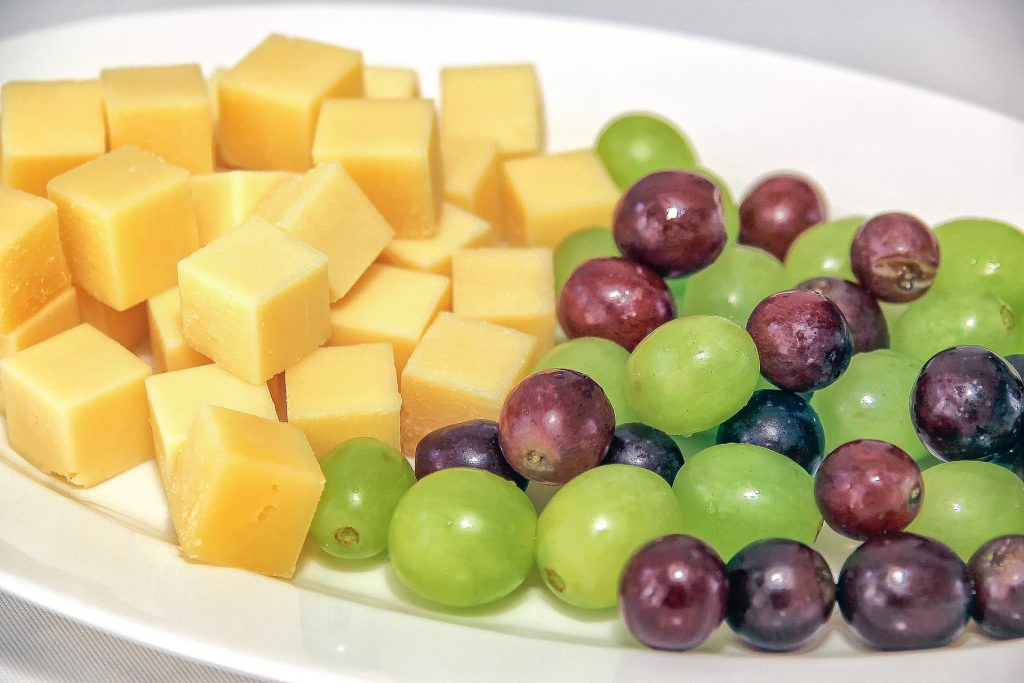 Aniba is a genus of flowering plant that belongs to the Lauraceae family. This plant group contains about 40 species and grows in the lowlands and semi-mountainous regions of South America. Aniba riparia is one species of this group that may have particular central nervous system activity. In this regard its unripe fruits contains a number of chemicals including methyl esters of tyramine, and these chemicals have been shown to cause smooth muscle relaxation due to inhibition of calcium ion influx. These effects cause a relaxation of smooth muscle and give the unripe fruit a spasmolytic effect. However, studies have also shown that the esters of tyramine in Aniba riparia may have mood elevating effects. For example, in one study researcher administered esters of tyramine isolated from Aniba riparia to mice and exposed them to experimental stress. The results of this study showed that the extracts of Aniba riparia conferred significant antidepressant and anxiolytic effects on the mice.
Aniba is a genus of flowering plant that belongs to the Lauraceae family. This plant group contains about 40 species and grows in the lowlands and semi-mountainous regions of South America. Aniba riparia is one species of this group that may have particular central nervous system activity. In this regard its unripe fruits contains a number of chemicals including methyl esters of tyramine, and these chemicals have been shown to cause smooth muscle relaxation due to inhibition of calcium ion influx. These effects cause a relaxation of smooth muscle and give the unripe fruit a spasmolytic effect. However, studies have also shown that the esters of tyramine in Aniba riparia may have mood elevating effects. For example, in one study researcher administered esters of tyramine isolated from Aniba riparia to mice and exposed them to experimental stress. The results of this study showed that the extracts of Aniba riparia conferred significant antidepressant and anxiolytic effects on the mice.

Aged cheeses, meats and fish contain tyramine. But some plants also contain tyramine. Aniba riparia is one plant that is known to contain methyl esters of tyramine, and these may have central nervous system effects. In particular, methyl esters of tyramine may cause the relaxation of smooth muscle tissue and may also alter cell membrane permeability.
A similar study also investigated the effects of esters of tyramine extracted from Aniba riparia on the mood of mice. In this second study, there was also a significant anxiolytic effect for the extracts, supporting the previous study’s results. However, one interesting of these two studies was that oral administration of the Aniba riparia extract appeared to show greater effects that intraperitoneal injections of the same extract. This may be due to experimental differences, but it does provide evidence that oral administration may be as effective as directly injecting the compound into the blood. This suggests that the active ingredient in the extracts that are causing the effects, are bioavailable are are absorbed, at least in mice. Also studies have shown that intraperitoneal injections may be more toxic compared with oral administration. The overall pharmacological effects of Aniba riparia appears to be through changes to ion channels which in turn change the properties of the cell membranes and the nervous system activity.
Eat Well, Stay Healthy, Protect Yourself
RdB
